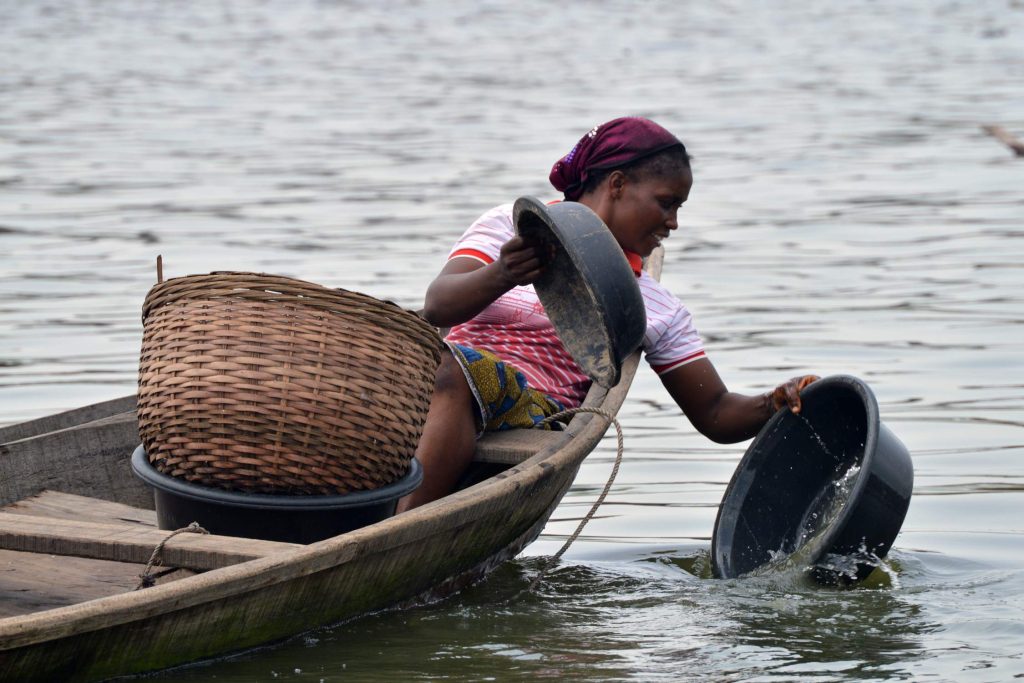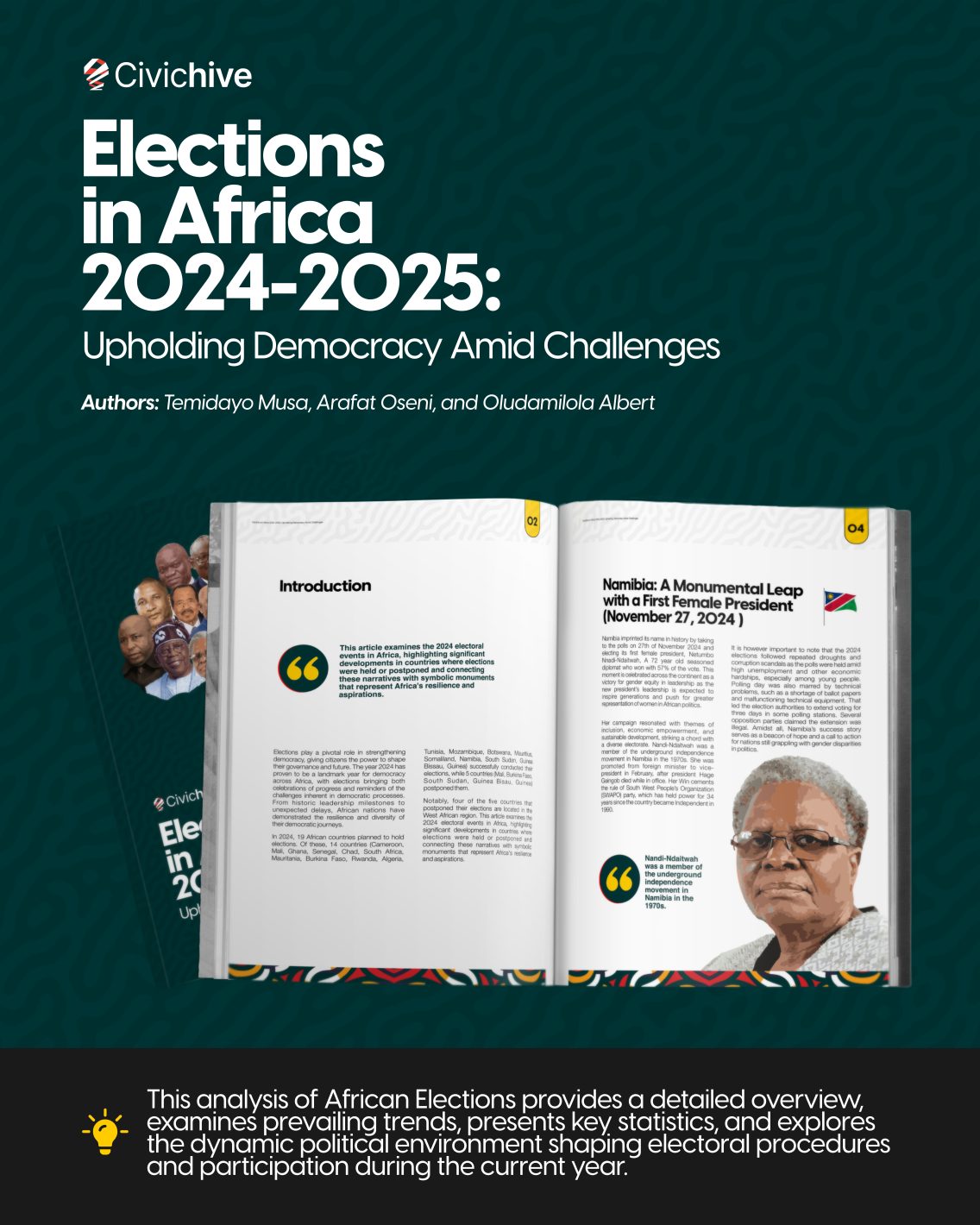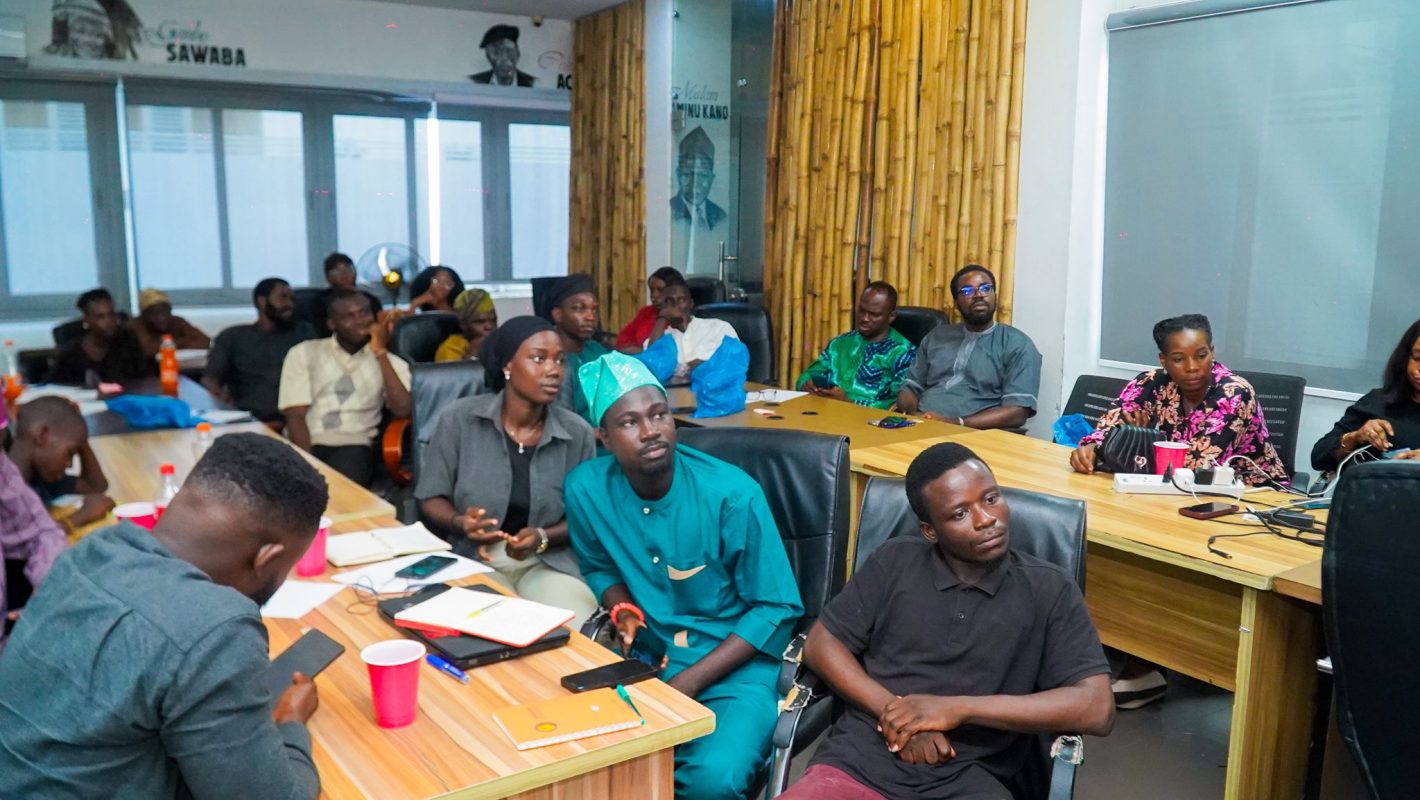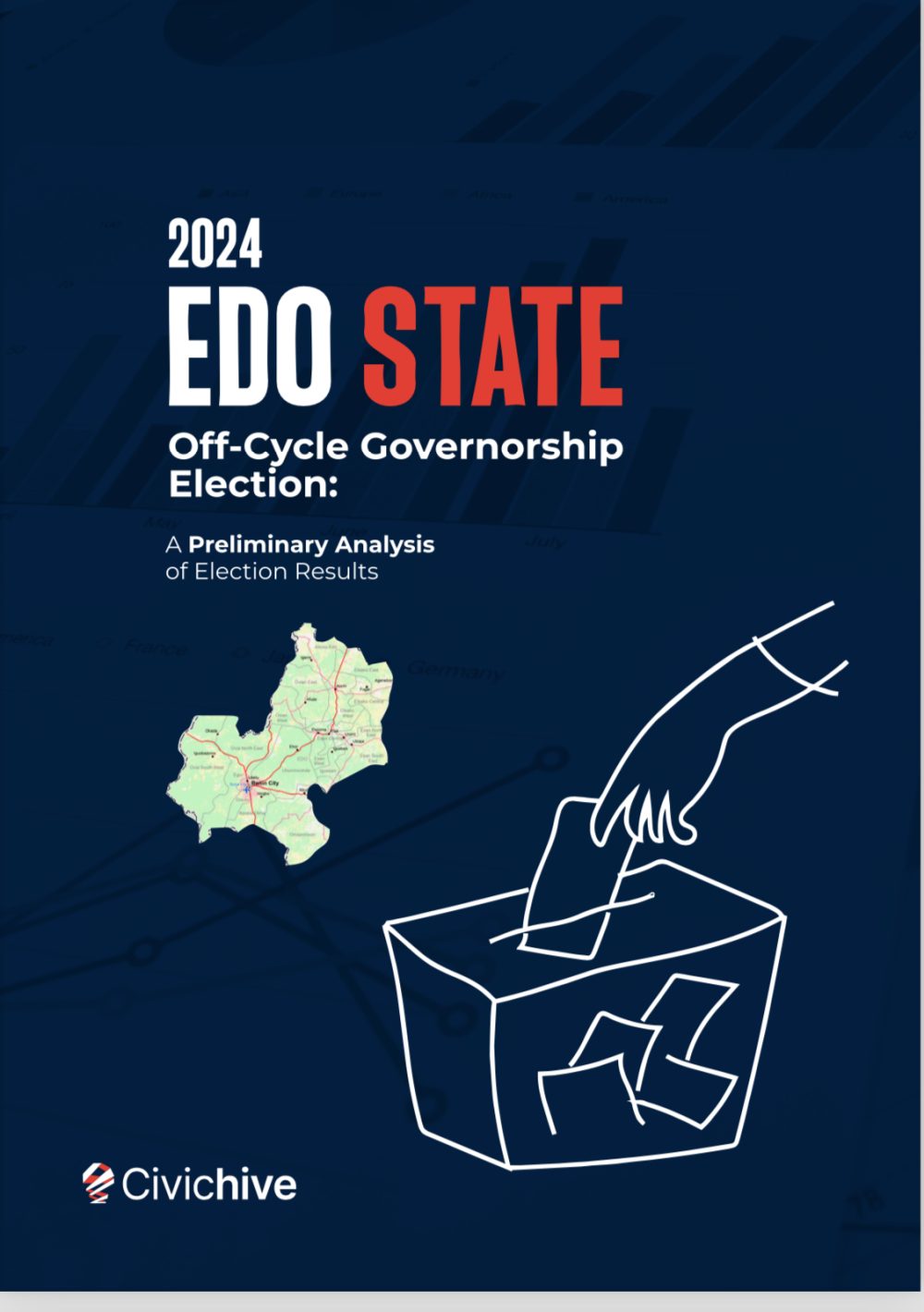The iconic writer Charles Dickens never stepped foot on the shores of Nigeria. Yet, the introduction to his classic novel A Tale of Two Cities referred more to the current state of Nigeria than that of 19th-century France and the United Kingdom. Indeed, the past 62 years of independence have been the best of times and the worst of times. It has been the spring of hope and the winter of despair. It has been the season of light and the season of darkness. We have seen
the best and we have seen the worst. And if we should learn a lesson from the living paradox, it is that 2023 should usher in a new tale—a tale not of two cities but of one great nation.
Understanding the Nigerian Situation: The Scheme of Things
Before diving into the ocean of changes and wide lea of possibilities I would love to witness in the next administration, I must first explicate most of the issues we are grappling with. To begin with, insecurity in Nigeria is like a coat of many colors with different shades of violence—Boko Haram insurgency, kidnapping, armed robbery, herder-farmer conflicts, ethno-religious agitations, and the mysterious group dubbed “unknown gunmen.” In fact, no day goes by without sad news of security crisis.
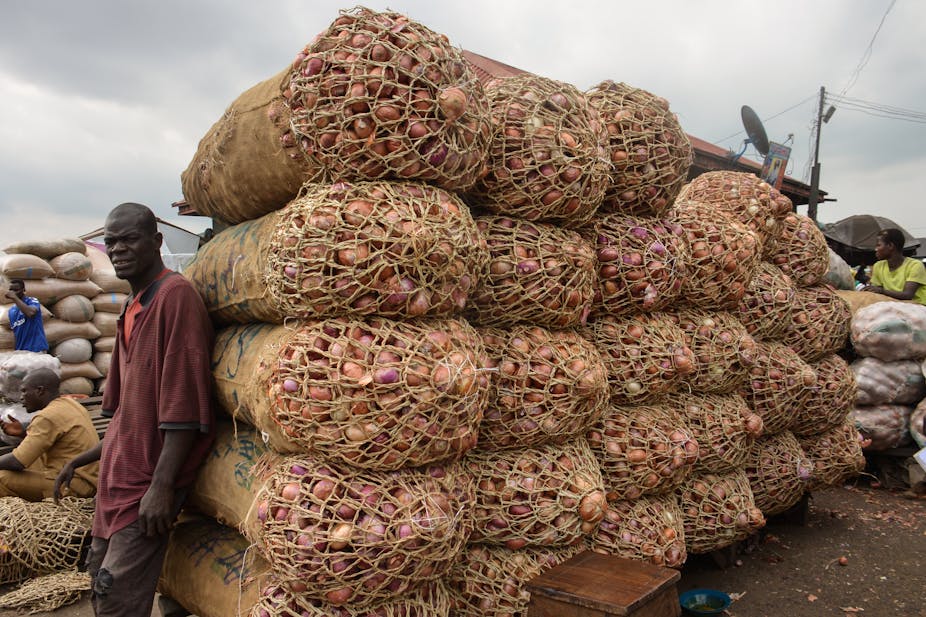 Also, despite being endowed with natural resources, Nigeria has failed to transform these resources into raising citizens’ living standards, as extreme poverty and unemployment skyrocket. The thick pillow of economic retrogression has indeed been pressed against our nostrils. Nigeria’s debt-to- GDP ratio is at 35.2%, a figure projected to increase by the end of 2023. Still, it seems we have succumbed to spell of reckless borrowing as the outgoing administration is about to incur more debt.
Also, despite being endowed with natural resources, Nigeria has failed to transform these resources into raising citizens’ living standards, as extreme poverty and unemployment skyrocket. The thick pillow of economic retrogression has indeed been pressed against our nostrils. Nigeria’s debt-to- GDP ratio is at 35.2%, a figure projected to increase by the end of 2023. Still, it seems we have succumbed to spell of reckless borrowing as the outgoing administration is about to incur more debt.
Further, our educational system has been a colossal failure. According to the United Nations Children’s Fund (UNICEF), Nigeria has one in every five of the world’s out-of-school children. On the flip side—as one who tastes the bitter-kola of our school system—I have witnessed how incessant strike-actions, dilapidated learning facilities, and mechanistic theorization diluted our citadel of learning, churning off half-baked youths (students) and quacks into the labour market. Little wonder the youths are unemployed—or rather unemployable. Hence they seek greener pastures abroad. Those who are not fortunate in the “JAPA” movement vent their frustrations on society, engaging in dubious activities to make ends meet.
Alleviating the Nigerian Situation: The Changes I Would Love to Witness
Notwithstanding that our security challenges have escalated from a frying pan to a raging fire, it is still possible to return to the good old times when citizens could sleep with both eyes closed. This will require a multi-pronged approach. First is to decentralize policing by amending section 214 of the 1999 constitution, which centralizes policing power within the federal government. This will create a system of localized and community focused policing, with communities providing operational and human resources to policing outfits.
 Again, the next administration should strive to rebuild community trust by strengthening the Civilian Joint Task
Again, the next administration should strive to rebuild community trust by strengthening the Civilian Joint Task
Force (CJTF). The CJTF should consist of local groups of volunteers that will provide oversight while working with their community policing agents. Military operations should be conducted regularly to protect our borders from invaders.
Reviving the Economy: The toxic conjugal between the government and the oil sector as the major source of revenue since the 1970s has been our Achilles’ heel.
Previous administrations have repeatedly made promises of economic diversification. But, talk is cheap; it is about time the next administration walks the talk by reviving our agricultural sector. Nigeria has the richest natural resources for agricultural production in the world, with over 84 million hectares of arable lands, of which only 40% has been utilized. The next administration must harness the opportunities in agriculture and improve the agricultural value chain—from production to agro- processing to agro-export. This will boost our food security, create employment, generate income, and alleviate poverty.
Besides economic diversification, the next administration should advocate for sustainable indigenous industrialization, this will help put our naira back on track. The Asian Tigers—South Korea, Taiwan, Singapore, and Hong Kong—were able to improve the living standards of their citizens as well as enhance socio-economic development via this approach.
Reforming the Educational System: As Kofi Annan rightly preached while addressing the World Bank in 1997, education is the premise of progress in every society.
The next administration must see that youths to whom they will entrust the nation’s future are equipped with timely knowledge and skill. To this end, the curricula should be reformed to include competency-based learning (CBE) and STEM education approaches that allow students to select opportunities that benefit them based on their abilities, ambitions, and relevance. Just like Kenya incorporated coding into their school academic curriculum, the curriculum should include relevant passion-driven, and entrepreneurial skills like technology, music, and arts. This would make the education system more attractive to young people, while also shifting graduates’ reliance on the government-provided
jobs to making them job creators, thereby drastically reducing unemployment and poverty in the country.
Also, the next administration should strive to meet UNESCO’s annual education budget allocation of 26%, which would help them meet most of ASUU’s financial demands. This won’t be easy, but it is achievable if they eliminate superfluous luxuries and allowances as well as reduce the cost of governance.
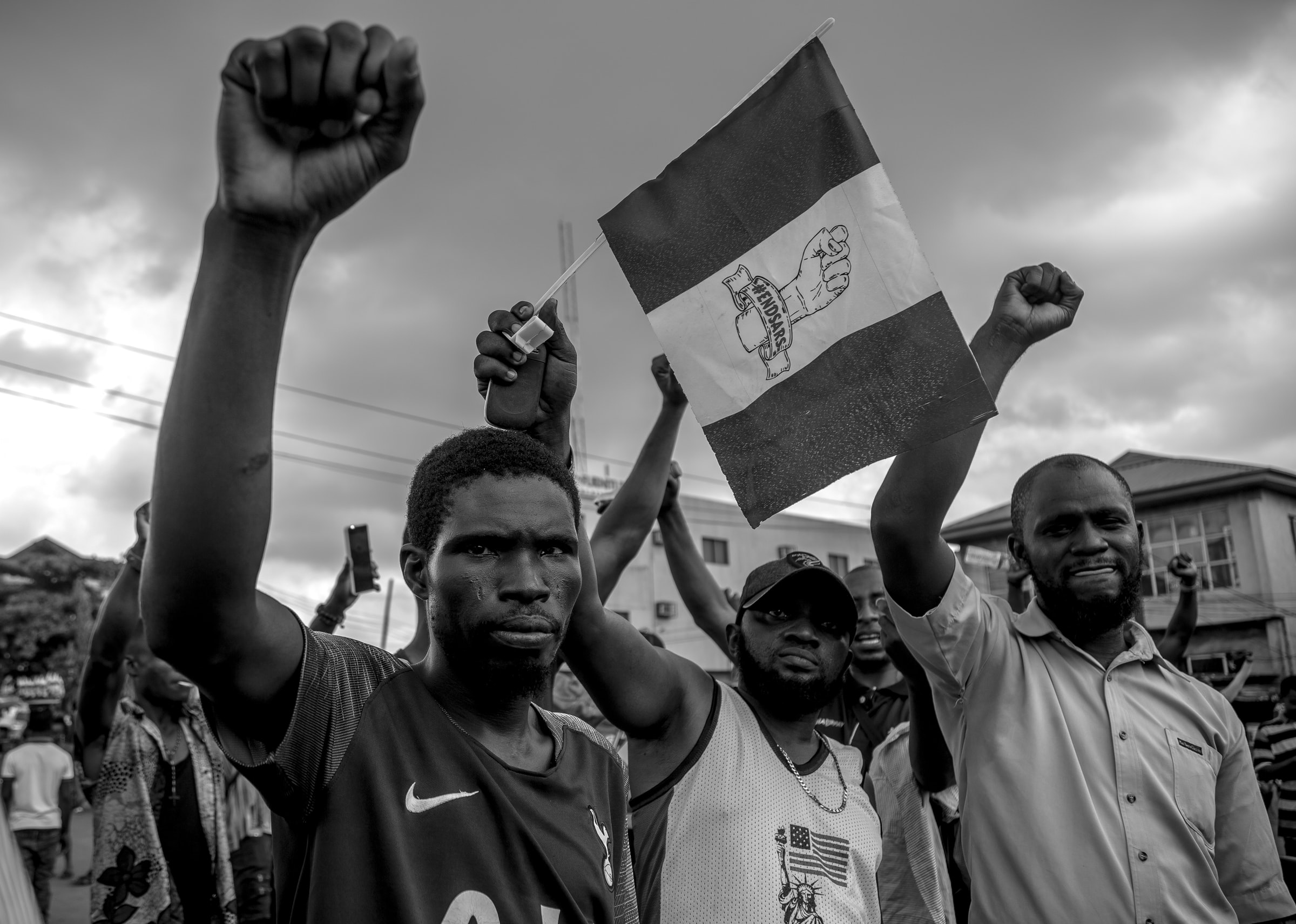 To conclude, I urge the incoming President to borrow leaflets from Lee Kuan Yew’s legacy and pragmatic ideologies. I urge him to take cues from Dr. John Magufuli of Tanzania and his aversion to extravagance. The next administration must understand that they have an obligation and a responsibility to leap-frog Nigeria from her current status quo to her rightful place as the giant of Africa.
To conclude, I urge the incoming President to borrow leaflets from Lee Kuan Yew’s legacy and pragmatic ideologies. I urge him to take cues from Dr. John Magufuli of Tanzania and his aversion to extravagance. The next administration must understand that they have an obligation and a responsibility to leap-frog Nigeria from her current status quo to her rightful place as the giant of Africa.
These are the changes I would love to witness!
IBE CHIJIOKE KENNEDY
UNIVERSITY OF NIGERIA, NSUKKA (UNN)
